Do Antidepressants Work?
Yes, antidepressants can be effective in treating certain mental health conditions such as depression, anxiety, obsessive-compulsive disorder (OCD), and post-traumatic stress disorder (PTSD). Antidepressants work by adjusting the levels of certain chemicals in the brain, such as serotonin, norepinephrine, and dopamine, which regulate mood, energy, and emotions.
However, it is important to note that the effectiveness of antidepressants can vary from person to person, and it may take some time to find the right medication and dosage that works for you. In some cases, a combination of medications and other treatments, such as psychotherapy, may be necessary to achieve the best results.
It is also important to remember that while antidepressants can be an important tool in treating mental health conditions, they are not a "cure" and should be used as part of a comprehensive treatment plan under the supervision of a healthcare professional. If you are considering taking antidepressants, it is recommended that you have a conversation with your doctor about the benefits and risks, as well as any potential side effects.
Yes, it is normal to have some concerns about the potential side effects of taking antidepressants. Antidepressants can cause a range of side effects, including but not limited to: nausea, headache, drowsiness, insomnia, dry mouth, constipation, decreased sex drive, and weight gain. However, it is important to remember that not everyone experiences these side effects and the severity and frequency can vary from person to person.
It is crucial to have an open and honest conversation with your doctor about any concerns or questions you may have regarding the use of antidepressants. Your doctor can provide you with more information on the specific side effects of the medication they are prescribing, as well as explain the benefits and risks of using the medication. Additionally, they can work with you to find the right medication and dosage that minimizes side effects while effectively treating your condition.


